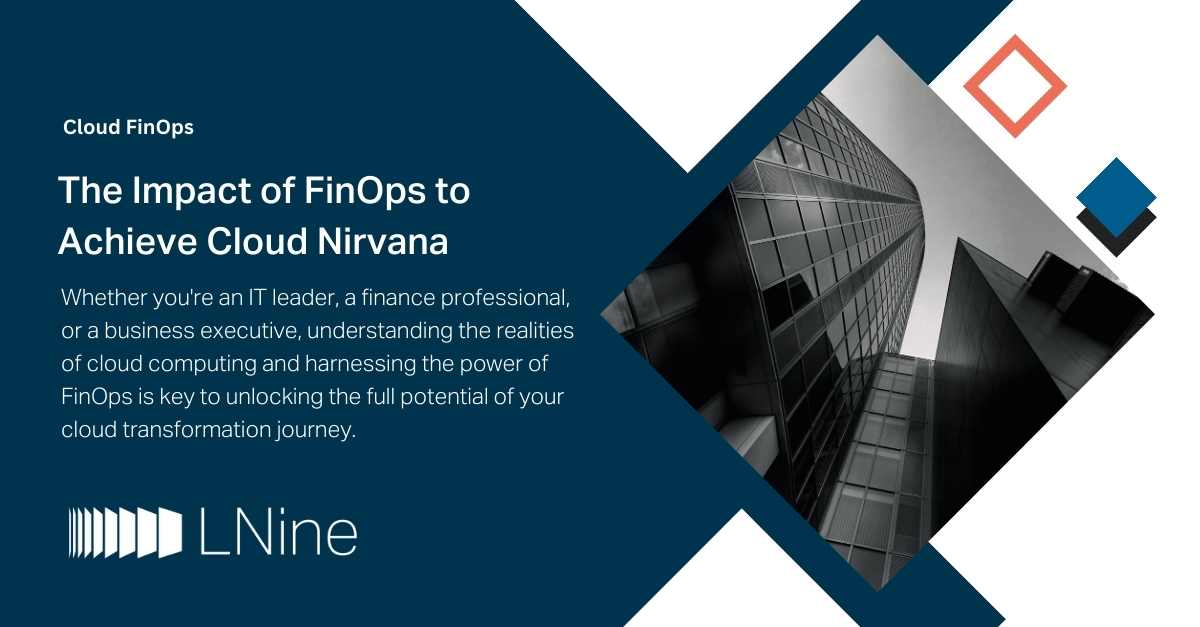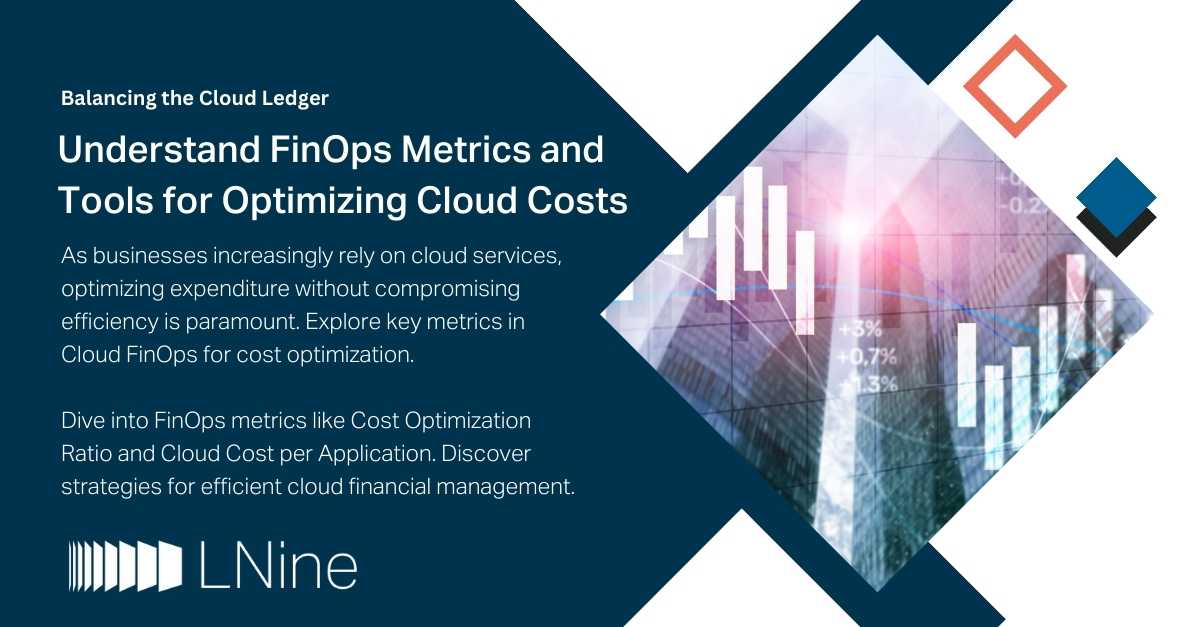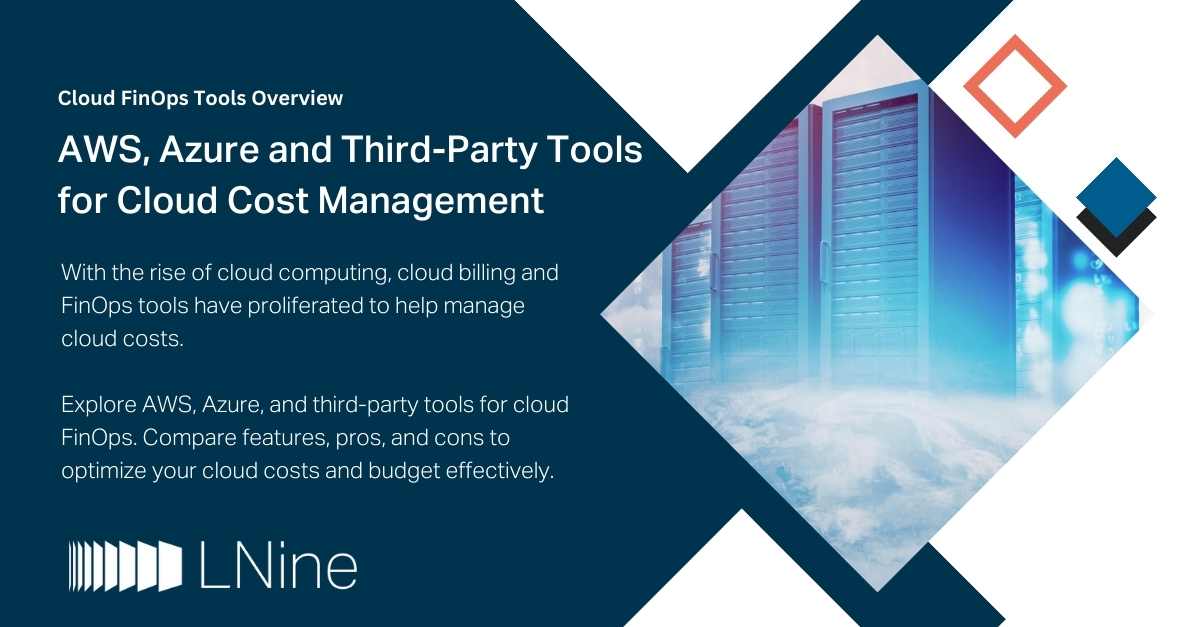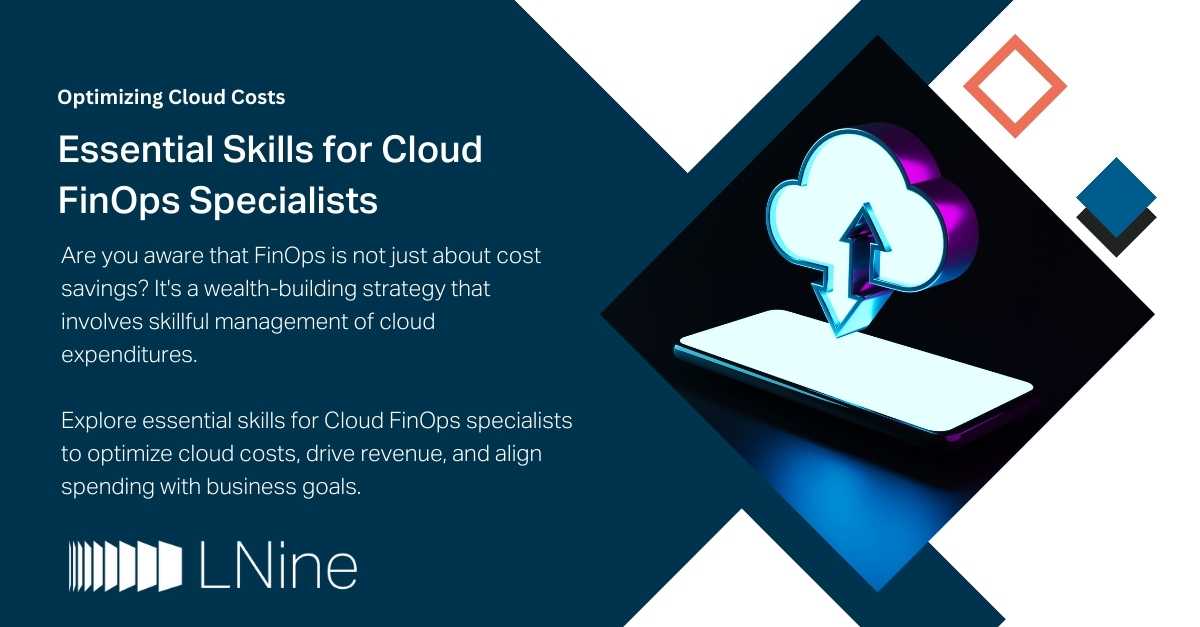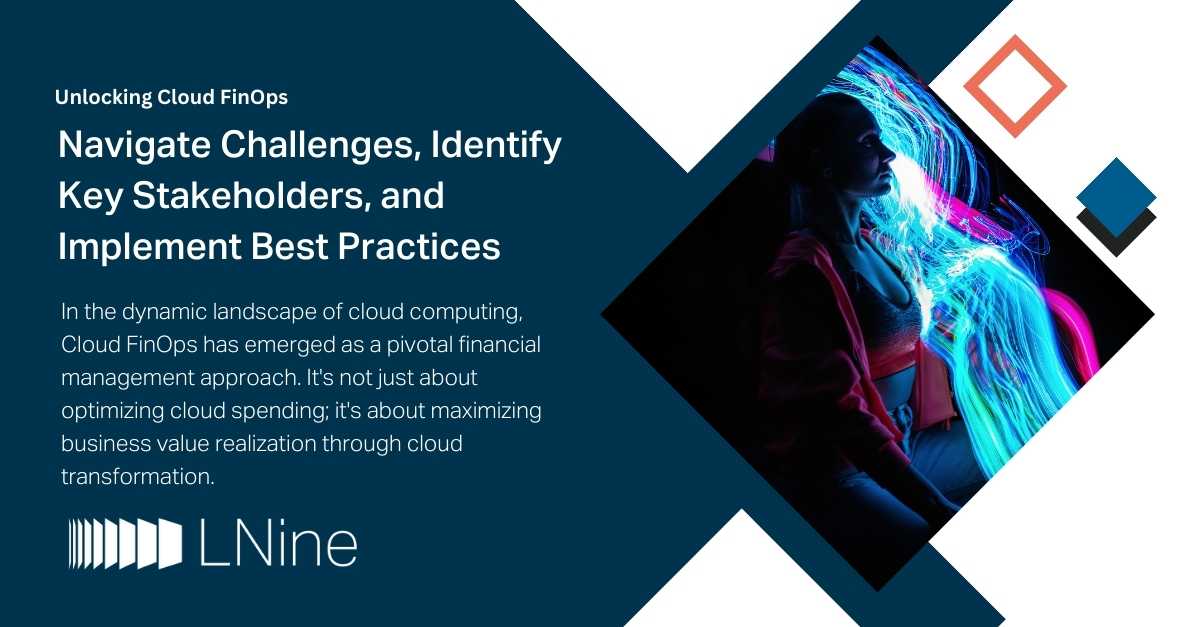Cloud computing has been both hyped and shown promise, but it has also faced challenges in meeting all expectations. It has developed significantly, promising scalability, flexibility, and cost-efficiency. However, there have been concerns and criticisms regarding security, compliance, and realizing the promised benefits.
Latest Posts
- Cloud Transformation
- Modernization
- Authority to Operate
- cloud migration
- optimization
- Canadian Federal Government Contracting
- HIPAA
- Operational Excellence
- Security Assessment and Authorization
- Canadian Federal IT
- Cloud FinOps
- Cloud Management
- Cybersecurity
- Enterprise Architecture
- Information Management
- Canadian Federal Government employment
- Canadian Federal Government jobs
- Technical Debt
- Procurement Processes
- Technical debt in federal government
- Technical discussion
- AWS
- Canadian Federal Government resume
- Federal Government Staffing
- Microsoft
-
FinOps strips away impediments, empowering engineering teams to quickly deliver enhanced features, applications, and migrations. It fosters cross-functional discussions on strategic investment decisions. Whether opting for austerity or increased investment, businesses make deliberate choices. Teams gain clarity on the rationale behind these decisions, ensuring a purpose-driven approach. It's a pragmatic framework aligning financial considerations with accelerated innovation, eschewing unnecessary complexities.
With the rise of cloud computing, cloud billing and FinOps tools have proliferated to help manage cloud costs. In this blog post, we will compare and contrast the billing and FinOps tools offered by two of the biggest cloud providers, AWS and Microsoft Azure, as well as some popular third-party FinOps tools such as CloudCheckr and CloudHealth by VMware. We will weigh the pros and cons of each tool and provide you with the information you need to make an informed decision
If you think FinOps is solely about cost savings, it's time for a paradigm shift. At its core, FinOps is a wealth-building strategy that involves skillful management of cloud expenditures. Not only does it contribute to financial prudence, but it also serves as a driver for increased revenue, signifies burgeoning customer base expansion, facilitates a swifter release cadence for products and features, and may even play a pivotal role in the strategic closure of a data center.
In the ever-evolving landscape of cloud computing, the paradigm of Cloud FinOps has emerged as a crucial financial management approach. It not only aims to optimize cloud spending but also seeks to maximize business value realization through cloud transformation. The essence of Cloud FinOps lies in a cultural shift, bringing together technology, finance, and business to drive financial accountability and accelerate the realization of business value.
RECOMMENDATION
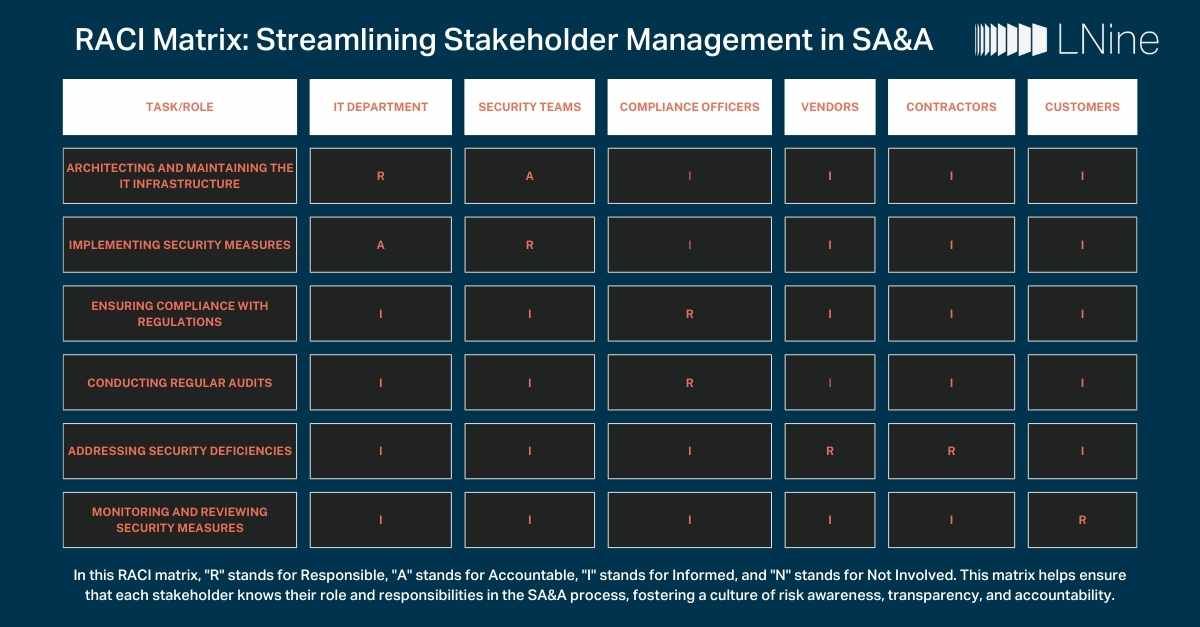
RACI Matrix: Streamlining Stakeholder Management in SA&A

From Risk to Resilience: Exploring ATO and SA&A in Modern Cybersecurity

Enterprise Architecture Journey: From Planning to Alignment

